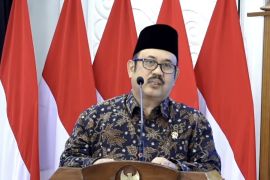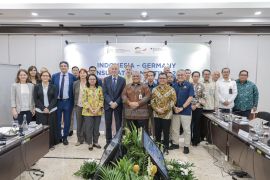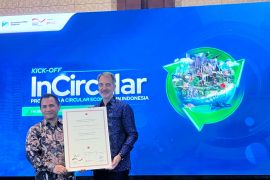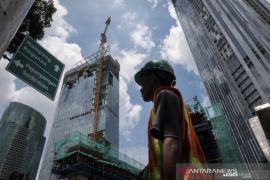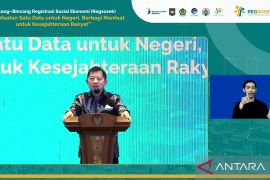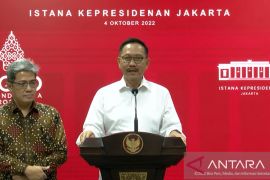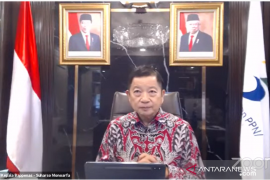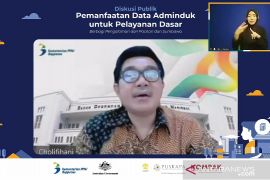Of course, this (food wastage) has an impact on the environmental aspect, this (waste) generation produces total greenhouse gas emissions that reach 1,702.9 mega tons of CO2-eqJAKARTA (ANTARA) - Food loss and wastage in Indonesia touched 23-48 million tons per year — equivalent to 115-184 kilograms per capita per year — in the last 20 years, the National Development Planning Minister has said.
The data is based on an analysis of food loss and wastage conducted between 2000 and 2019, as part of a collaboration between the Indonesian government and the UK's Foreign Commonwealth Office, Suharso Monoarfa, who also heads the National Development Planning Agency (Bappenas), said.
"Of course, this (food wastage) has an impact on the environmental aspect, this (waste) generation produces total greenhouse gas emissions that reach 1,702.9 mega tons of CO2-eq,” the minister disclosed during a webinar in Jakarta on Wednesday.
It also costs the economy Rp213-551 trillion per year, which is equivalent to 4-5 percent of Indonesia's GDP, he added.
Meanwhile, the social impact is the loss of energy content, which is equivalent to a portion of food for 61 to 125 million people, or 29-47 percent of Indonesia's population, he revealed.
According to a report from the Global Hunger Index, Indonesia's hunger index currently ranks “moderate” after remaining “serious” for five consecutive years.
The demand for food is high, but food availability is limited due to restrictions on mobility amid the COVID-19 pandemic, Monoarfa said. Therefore, monitoring food loss and wastage is necessary to plan and develop efforts to close this gap, he explained.
"The Indonesian government has strengthened its commitment through low-carbon development policies that are listed in various regulations, including the 2020-2024 national medium development plan," Monoarfa pointed out.
Indonesia is also committed to reducing and handling waste, including food waste, with a target of 30 percent for reduction and 70 percent for handling by 2025 through policies and strategies for managing household and similar waste, he added.
The ongoing COVID-19 pandemic has encouraged Indonesia to take advantage of the post-pandemic national recovery to build a better and more sustainable country, he observed.
“One of them (ways to build a sustainable future) begins with a gradual transition from a conventional economy to a circular economy, including the issue of food loss and waste. This is certainly important considering that the waste problem faced by Indonesia is a complex issue that requires integrated handling,” he said. (INE)
EDITED BY INE
Related news: President proud of 44-km Jabodebek LRT project: Sumadi
Related news: President visits mass vaccination drive at UI Hospital
Translator: Kuntum K, Azis Kurmala
Editor: Fardah Assegaf
Copyright © ANTARA 2021

